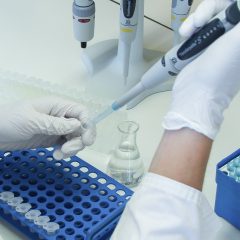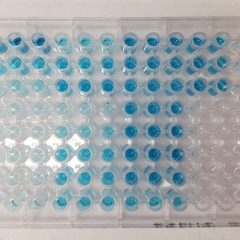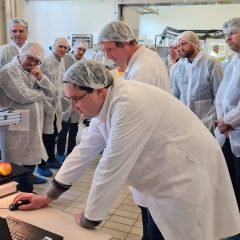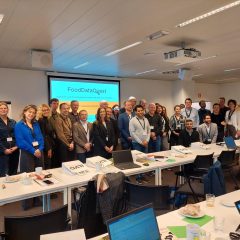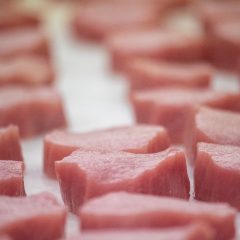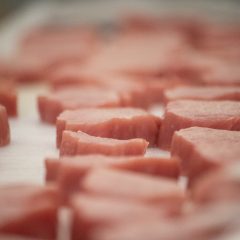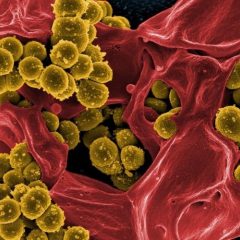Research project Impact of Bacillus cereus endospore evolution on food safety and stability
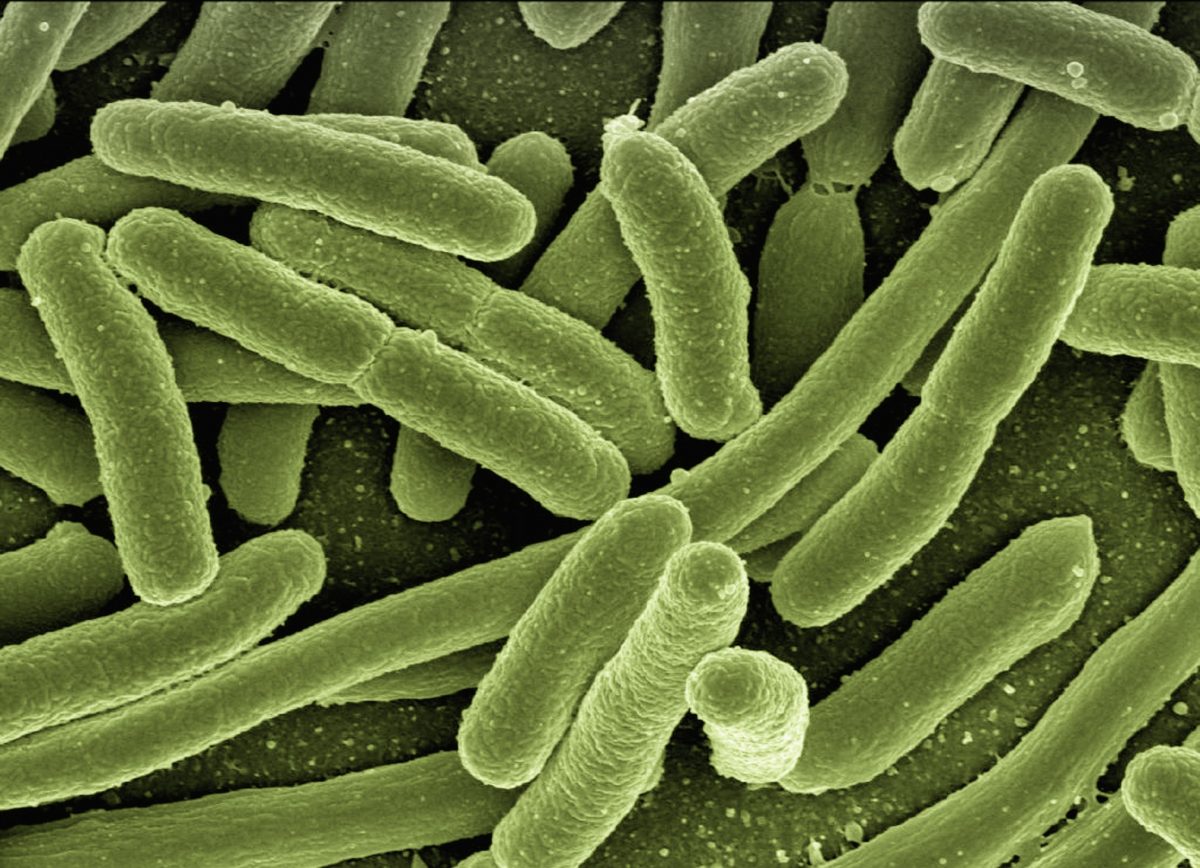
General introduction
The Bacillus cereus group encompasses important foodborne pathogens and spoilage species. They can all form endospores which frequently survive industrial conditions of heating, desinfection and radiation. These sublethal conditions are an important selective pressure which acccording to observations can lead to selection of spores with a higher resistance. However, it is still unclear (1) how fast and to what extent this resistance is build up against a particular stress, (2) to what extent cross resistance occurs against other forms of stress, and (3) whether the behavior of the resulting vegetative cells is changed with respect to spoilage and toxigenic properties. This project combines the expertise of three research groups (KU Leuven, Ghent University and ILVO) to investigate the potential impact of B. cereus endospore evolution in the food production chain on the molecular, population and industrial levels.
Research approach
This project has ended. The research consortium investigated the impact of current conservation and desinfection practices in food production on the evolution and characteristics of endospores. For this purpose, endospores of the B. cereus and the B. weihenstephanensis type strain have been subjected in directed evolution experiments to subsequent cycles of UV-C irradiation and heating. We have also investigated the consequences on the behavior of the resulting vegetative cells. We focus on (1) Bacillus cereus sensu lato as model organism of a Gram positive endospore former with high relevance for food safety, (2) thermal and radiation based stress conditions which occur frequently in food industry, and (3) the potential implications of this selective pressure and the resulting adaptations on the survival, germination, growth, spoilage and toxin production of the endospores and their corresponding vegetative cells in food.
Relevance/Valorization
For the first time we have observed that endospores mutate very quickly to an increased resistance level to the implied stress treatment. In the case of the increased UV-C resistance, this was nevertheless accompanied with a strongly decreased percentage of the B. cereus endospores which germinated to vegetative cells. In contrast, the B. weihenstephanensis endospores with an increased resistance to heat retained their germination capacity and the resulting vegetative cells also kept their growth potential at refrigeration temperature. In milk, these mutant spores germinated and grew faster after pasteurization at 90 °C compared to their ‘normal” wild type counterparts which indicates an increased spoilage potential of the mutant spores. This fundamental knowledge can lead to better treatment techniques in industry in order to prevent endospores from mutating. This research has resulted in several scientific publications and in two doctoral studies at Ghent University and KU Leuven.
